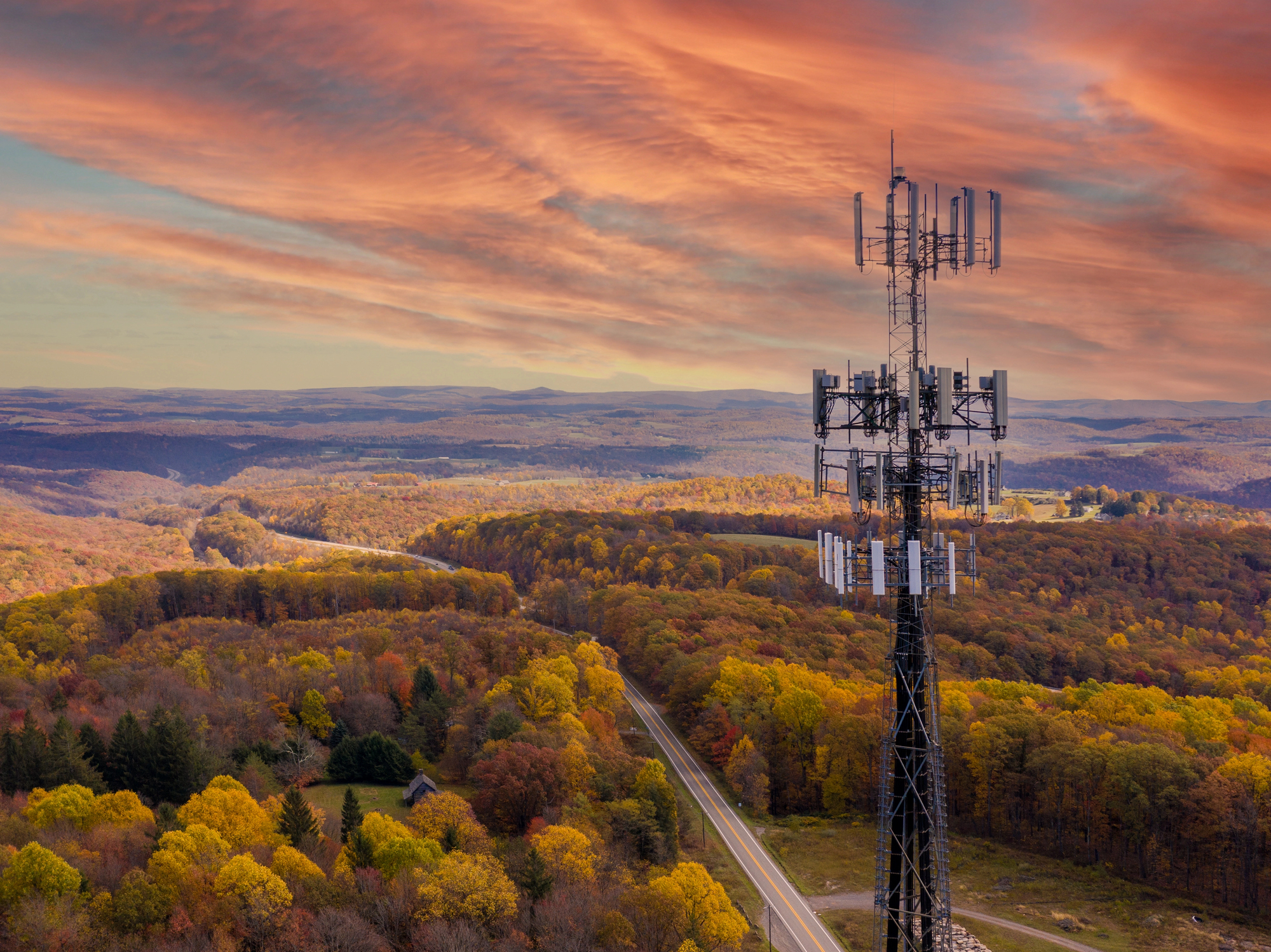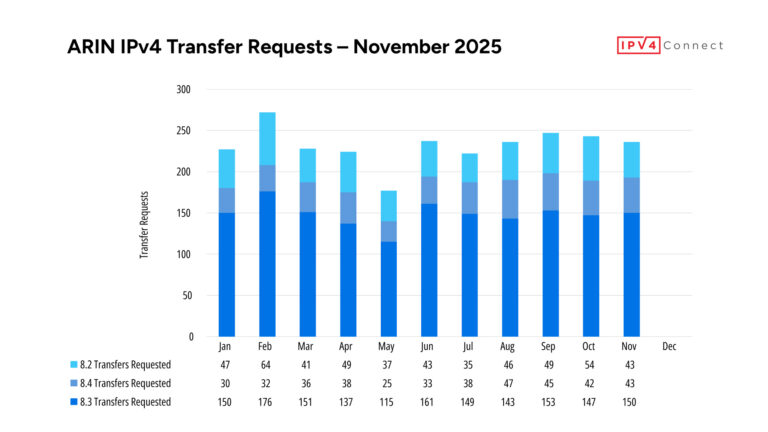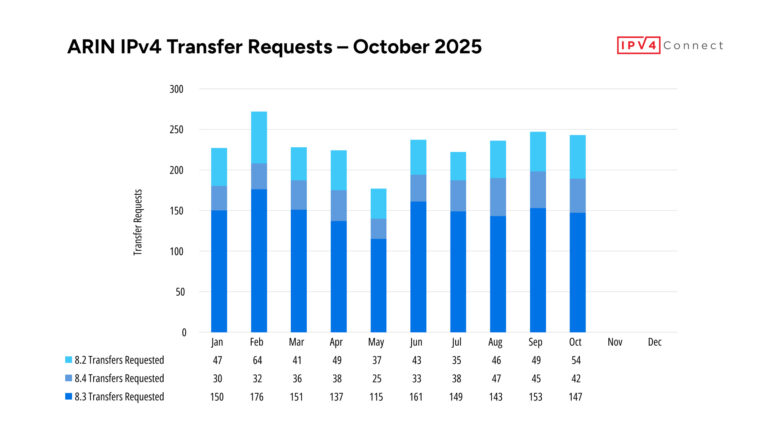The Supreme Court is preparing to rule on whether rural, low-income communities maintain access to federally subsidized internet provided by the Universal Service Fund, or lose connectivity if they can’t afford it. This decision could reshape how millions of Americans access critical online resources.
The Universal Service Fund: Bridging the Digital Divide
In the 1990s, the Federal Communications Commission (FCC) launched the Universal Service Fund (USF) to ensure equitable internet access. Funded by fees on telecom companies (costs often passed to consumers), the program provides internet subsidies to families, schools, libraries, and healthcare providers in underserved areas.
However, the program faces a major legal challenge. Consumers’ Research, a conservative nonprofit, has sued the FCC, arguing that the funding mechanism is unconstitutional. The group claims that delegating congressional taxing authority to the FCC and its managing partner, the Universal Service Administrative Company, violates the Constitution.

A Court Ruling That Could Change Everything
In July, the U.S. Court of Appeals for the 5th Circuit ruled in favor of Consumers’ Research. Judge Andrew Oldham labeled the program a “misbegotten tax” and declared its structure unconstitutional. Now, the Supreme Court will weigh in on the appeal, with the potential to upend decades of precedent.
Who Stands to Lose?
Ironically, the communities most at risk—rural and low-income areas—are often politically aligned with conservative values. These are the regions that overwhelmingly supported Donald Trump in recent elections. If the program ends, many of these households could lose their only affordable internet access.
This scenario mirrors the fate of the Affordable Connectivity Program (ACP), a similar initiative that provided $30 monthly internet subsidies to millions of households. Established through President Biden’s bipartisan infrastructure bill, the ACP served 23 million homes before running out of funding earlier this year. Its absence has left many families scrambling to stay connected.
FCC Leadership Responds
FCC Chairwoman Jessica Rosenworcel has expressed optimism about the Supreme Court’s review. “For decades, there has been broad, bipartisan support for the Universal Service Fund and the FCC programs that help communications reach the most rural and least-connected households,” she said in a recent statement. “I am hopeful that the Supreme Court will overturn the decision that put this vital system at risk.”
The Stakes Are High
While legal experts argue that there’s little precedent for Consumers’ Research’s position, the Supreme Court’s recent track record of overturning established laws leaves the program’s future uncertain. If the court rules against the USF, it could signal the end of federally subsidized internet for many communities in desperate need.
This decision will not just impact access to the internet but could ripple across education, healthcare, and economic opportunities. For rural America, the stakes couldn’t be higher.
◼️






